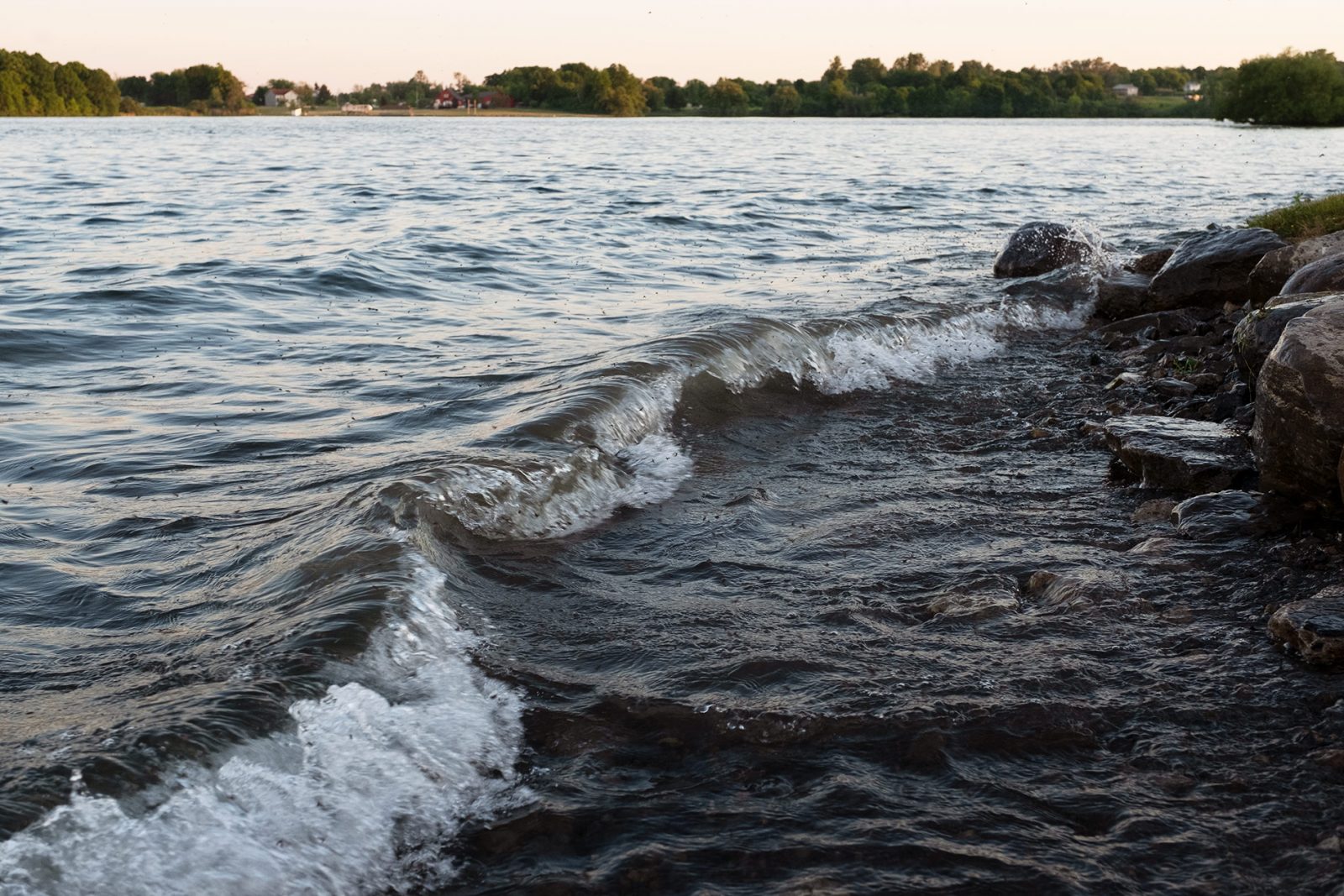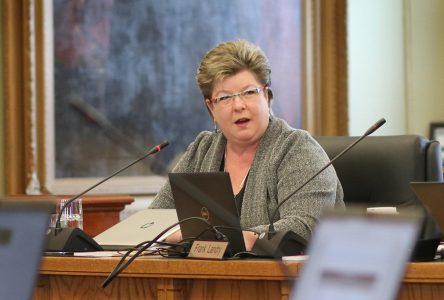CORNWALL, ON – As of spring 2022, the River Institute will study the ecological impact of waves and shoreline erosion on St. Lawrence River’s shores. This two-year project is partially supported by a financial contribution of $100,956 from Fisheries and Oceans Canada.
According to U.S Climate Resilience Toolkit, coastal erosion is the process by which local sea level rise, strong wave action, and coastal flooding wear down or carry away rocks, soils, and/or sands along the coast, resulting in damages to structures, and loss of land.
This project is endorsed by the Mohawk Council of Akwesasne, and is a collaboration between the River Institute, the University of Ottawa, the Great River Network (a local volunteer group), South Nation Conservation, and the Raisin Region Conservation Authority.
The project partners will collect data to study wave forces, water turbidity and their connection to shoreline erosion and ship traffic. In addition, the data will help characterize nearshore fish communities and aquatic habitat quality.
This study will identify the needs and plans to maintain vulnerable shorelines, mitigate soil erosion and nutrient flow into the river, and improve the aquatic habitat along the shores of the Upper St. Lawrence River.
“The data collected from this project is crucial in better understanding the long-term impacts of shoreline erosion on important aquatic ecosystems in the St. Lawrence River. Protecting our waterways and the species that depend on them helped Canada grow a blue economy for now and for future generations.” The Honourable Joyce Murray, Minister of Fisheries, Oceans and the Canadian Coast Guard



